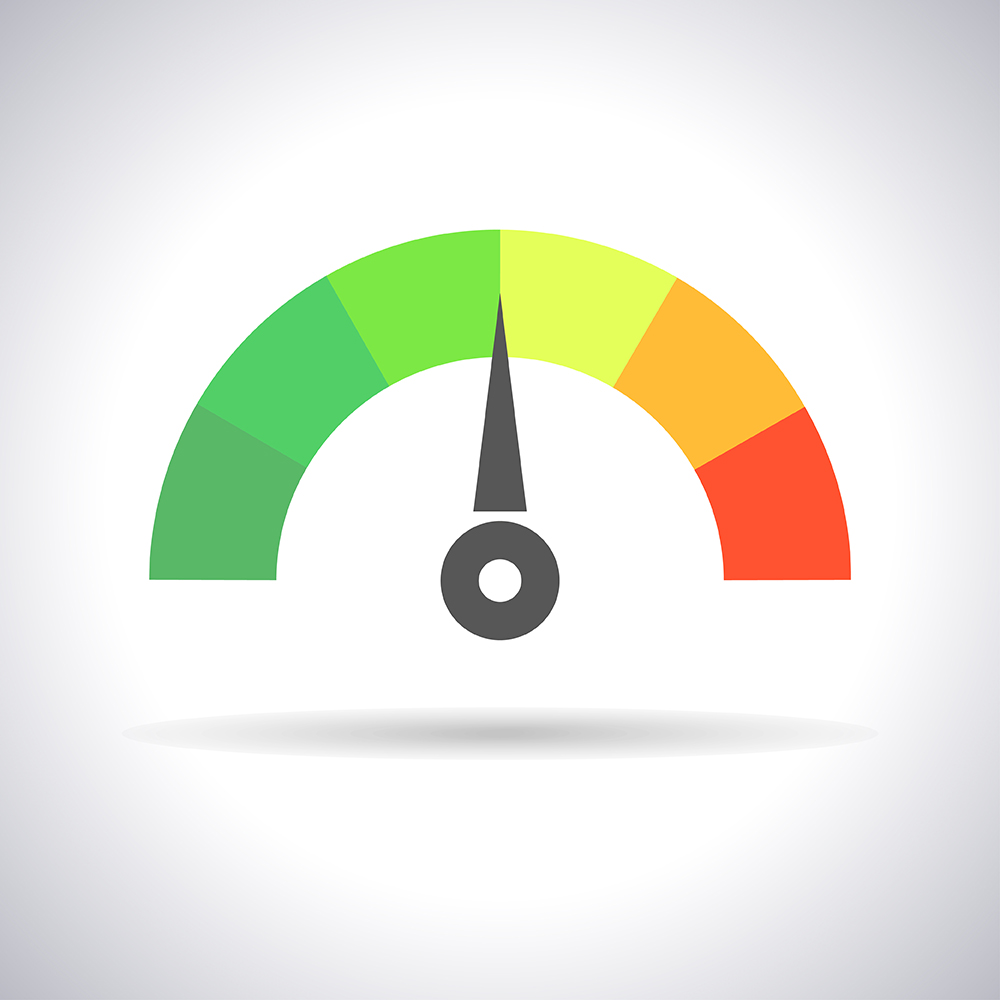Filing Bankruptcy Advice: What Happens to My Credit?
When making a decision about filing for bankruptcy, the number one worry of most people is the way that it will affect their credit score. Nobody wants to be locked out of future plans—like buying a home or a new car—because of a financial rough patch that they couldn’t dig their way out of. The worry of making a decision that will help you now but hurt you later is one that can keep you from getting the help that you need now. You can’t start rebuilding until you’re out of the current financial crisis. At RGG Law, we want you to be informed on bankruptcy law, the effects of filing bankruptcy, and dispel some of the misconceptions or concerns that sometimes get blown out of proportion, so that you can work toward a better financial future.
Will Your Credit Score Take a Hit?
The truth is, if you have delinquent accounts and are missing payments, your credit score has probably already taken a serious hit. Another factor that negatively affects your credit is your debt-to-asset ratio; if the amount you owe in debt is close to or outweighs your assets, from house and car to money in the bank and credit lines, your credit will reflect that as well. If these things are true of you, your credit score is most likely tanking, and filing bankruptcy will not make a huge impact. However, if you have a good credit score, filing bankruptcy will likely have a larger impact.
How Long Will Filing Bankruptcy Affect My Credit?
According to Experian, a Chapter 13 bankruptcy will disappear from your credit history after 7 years, while Chapter 7 bankruptcy won’t be wiped for 10 years. This is likely because a Chapter 13 bankruptcy requires you to still pay back your debt, while a Chapter 7 bankruptcy relieves you of the responsibility.
Yes, filing bankruptcy will affect your credit; however, the whole point of filing bankruptcy is to find a way to relieve or pay debt that you otherwise can’t pay. This means that without the bankruptcy, you will still be taking hit after hit for late or missed payments, and in the meantime, struggling to get by. Filing bankruptcy can be the beginning stages of rebuilding for you. Call RGG Law for a free consultation with a bankruptcy lawyer to assess your situation and find out the best way to move forward.

